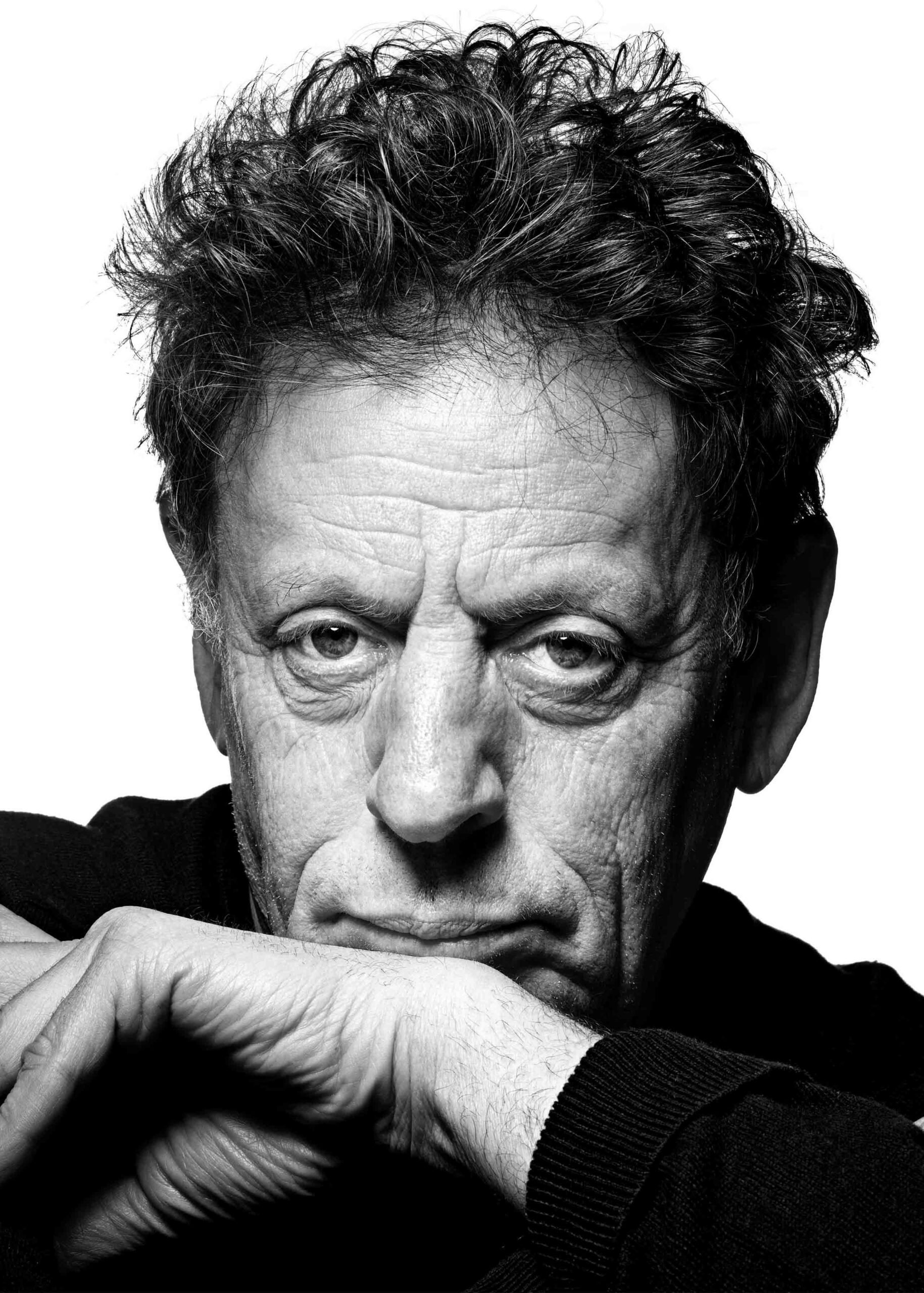Composer | Philip Glass

Through his operas, his symphonies, compositions for his own ensemble and wide-ranging collaborations with artists from Twyla Tharp to Allen Ginsberg, Philip Glass has had an extraordinary and unprecedented impact upon the musical and intellectual life of his times. Glass is the first composer to win a wide, multi-generational audience in the opera house, the concert hall, the dance world, in film and in popular music—simultaneously. Born in 1937, he grew up in Baltimore, studying at the University of Chicago, the Juilliard School and in Aspen with Darius Milhaud. Finding himself dissatisfied with much of what then passed for modern music, he moved to Europe, where he studied with the legendary pedagogue Nadia Boulanger (who also taught Aaron Copland , Virgil Thomson and Quincy Jones) and worked closely with the sitar virtuoso and composer Ravi Shankar. He returned to New York in 1967 and formed the Philip Glass Ensemble—seven musicians playing keyboards and a variety of woodwinds, amplified and fed through a mixer. The new musical style that Glass was evolving was eventually dubbed “minimalism,” but Glass himself never liked the term and preferred to speak of himself as a composer of “music with repetitive structures.” In the past 25 years, Glass has composed more than 20 operas, 8 symphonies, 2 piano concertos, film soundtracks, string quartets and a growing body of work for solo piano and organ. He has collaborated with Paul Simon, Linda Ronstadt, Yo-Yo Ma and Doris Lessing, among many others. He presents lectures, workshops and solo keyboard performances around the world, and continues to appear regularly with the Philip Glass Ensemble.